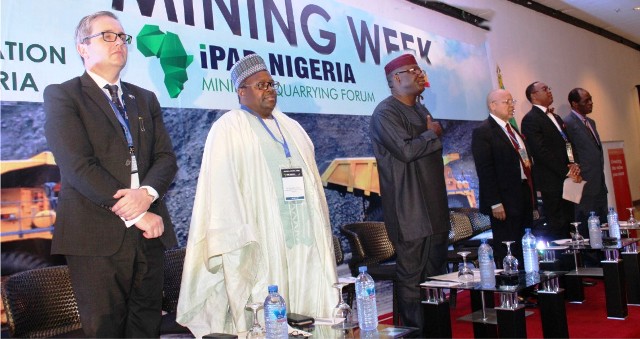Business
RSG Plans Three Industrial Parks …Urges MAN To Manage Morribund State Firms

Rivers State Govern
ment says it plans to establish three industrial parks to boost economic development in the state.
The State Governor, Chief Nyesom Wike, disclosed this at the 32nd Annual General Meeting of the Manufacturers Association of Nigeria (MAN), Rivers and Bayelsa States branch held in Port Harcourt last Thursday.
Wike who was a Special Guest of Honour at the event, said the industrial parks would be sited at Eleme in Eleme Local Government Area, Trans Amadi which is in Port Harcourt, the state capital and Ahoada in Ahoada East Local Government Area of the state.
The Governor who was represented by the state Commissioner for Commerce and Industry, Hon Bright Jacob, stated that arrangement towards building the three industrial parks would commence as soon as possible.
He explained that the parks would be of huge support to private investors which would in turn create employment opportunities for people of the state, especially the youth.
The governor restated the commitment of his administration towards sustaining its private investors – friendly status and said the government was working on a blue print on taxation to address the issue of multiple taxation.
He further noted that the state had invested efforts in providing condusive environment for private investors on provision of massive, road infrastructure, crime fighting, amongst others.
The Governor said more than 15 companies owned by the state are moribund and threw an open invitation to interested members of MAN to come and manage them, stressing that the failed state of the companies was obvious indications that government is not a good manager.
Earlier in his welcome address, the Chairman of MAN, Rivers/Bayelsa branch, Prince Charles Beke, had commended Governor Wike for the bold initiative of his administration in infrastructure upgrade especially road construction, rebuilding of investors’ confidence in the state and move to harmonise taxes across the MDAs.
He noted that the present economic challenges faced by investors is a major setback to MAN stressing that the situation can only be survived by re-aligning business with efficiency, hence the theme of this year’s AGM which is “Re-aligning Business with Efficiency in a Constrained Economy”.
He appealed to both the Rivers and Bayelsa State Governments to disengage agents and consultants from the business of tax administration as it had caused a lot of harm to private operators and resulted in non-remittance of withholding taxes to government coffers.
Chris Oluoh
Business
Two Federal Agencies Enter Pack On Expansion, Sustainable Electricity In Niger Delta

Business
Why The AI Boom May Extend The Reign Of Natural Gas

Business
Ogun To Join Oil-Producing States ……..As NNPCL Kicks Off Commercial Oil Production At Eba

-

 Politics3 days ago
Politics3 days agoAPC Releases Adjusted Timetable For Nationwide Congresses, Convention
-
Sports3 days ago
DG NIS Wants NSC Board Constituted, Seeks Increased In Funding
-

 Business3 days ago
Business3 days agoCustoms Seek Support To Curb Smuggling In Ogun
-

 Sports3 days ago
Sports3 days agoSWAN Rivers Set-up Five Functional Committees
-

 Featured3 days ago
Featured3 days agoINEC Proposes N873.78bn For 2027 Elections, N171bn For 2026 Operations
-
News3 days ago
Police Bust Kidnapping Syndicate In PH
-
Sports3 days ago
NSC Disburses N200m Training Grants To 26 Athletes
-
Sports3 days ago
‘NTF Will Build On Davis Cup Success For Brighter Future’

